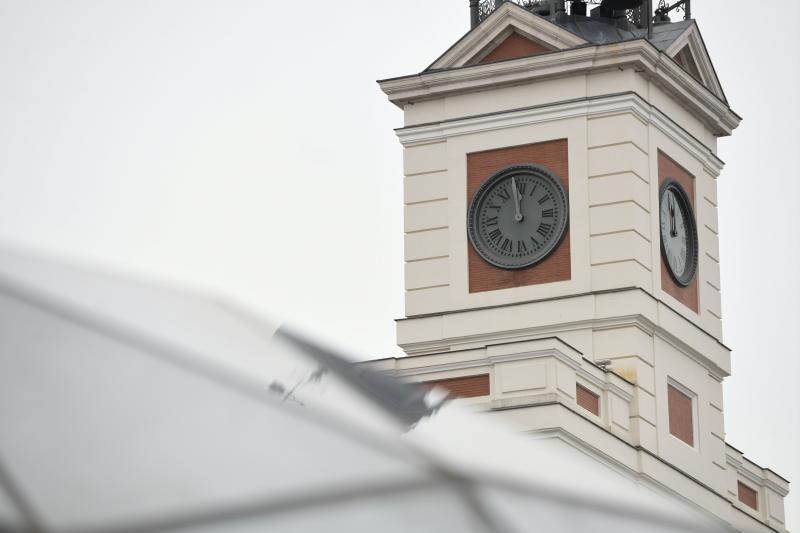Copyright majorcadailybulletin

Today, Monday, the Spanish government will propose to the European Union’s Energy Council that seasonal time changes be ended from 2026, arguing that they do little to save energy and even have a ‘negative impact’ on the health and lives of citizens. This was announced by Prime Minister Pedro Sánchez in a video posted on social network “X”, reported by Europa Press, in which he said that this week we will switch from summer to winter time, and in which he assured that, ‘frankly’, he does not see the point of setting the clocks forward and back twice a year. ‘In all the surveys in which Spaniards and Europeans are asked, the majority are against changing the time. Furthermore, science tells us that it no longer saves energy, and what science does tell us is that it disrupts biological rhythms twice a year,’ he explained. For this reason, Sánchez has announced that the Spanish Government will raise this issue at the EU Transport, Telecommunications and Energy Council (TTE), urging that a European Parliament vote taken six years ago, in which it was decided to end the time change in 2026, be enforced. ‘What is useful politics? Well, it is politics that listens to citizens, as well as to science, and incorporates them into its legislation,’ the president concluded in his message. The government will rely on three arguments to defend this position: the majority support of Spanish and European citizens; the lack of scientific evidence to show that this practice generates substantial energy savings; and the negative consequences it has on the health and well-being of millions of people. Sources have pointed out that this ‘highly justified’ change was already supported years ago by the European Parliament and the European Commission, although now the EU-27 must ‘take the plunge’, taking advantage of the fact that the current schedule of changes ends in 2026 and that this may be ‘the window of opportunity’ to revisit the end of this practice. ‘Spain is leading this debate to adapt Europe to the current times,’ say the same sources, who argue that ‘it is a matter of common sense, well-being and consistency with scientific evidence’, as well as sending a ‘political and European’ message. According to the government, eliminating the time change would make citizens feel that Europe is listening to them. ‘We want a more modern European Union that thinks about people’s everyday lives. It is time to synchronise Europe with people, not with the clock,’ they conclude. In 1980, the European Economic Community began coordinating the summer and winter schedules of member countries with two arguments: to make better use of daylight hours to reduce energy consumption and to harmonise the functioning of the common market. According to the government, almost half a century later, developments in the economy, technology and social habits ‘have rendered this measure obsolete, and it continues to have a significant impact on the well-being of the population’. Currently, the European Union sets a calendar every five years with the specific dates for the time change in all Member States, the latest one being approved in the Official State Gazette on 11 March 2022, covering the exact dates of the start and end of summer time until 2026. Back in 2018, the European Commission proposed eliminating seasonal time changes throughout the European Union, allowing each country to decide in a public consultation whether to maintain its current schedule or set a definitive one without biannual adjustments. A little later, in March 2019, the European Parliament backed the end of the time change in spring and autumn by 2021, after a public consultation by the European Commission revealed that 84% of European citizens — and 66% of Spaniards — were in favour of ending this practice. However, the legislative proposal to end daylight saving time in a coordinated manner, avoid disruptions in the internal market and promote the well-being of citizens was not received with the same enthusiasm by the Council of the EU. Six years later, the Member States have not established a joint position.



